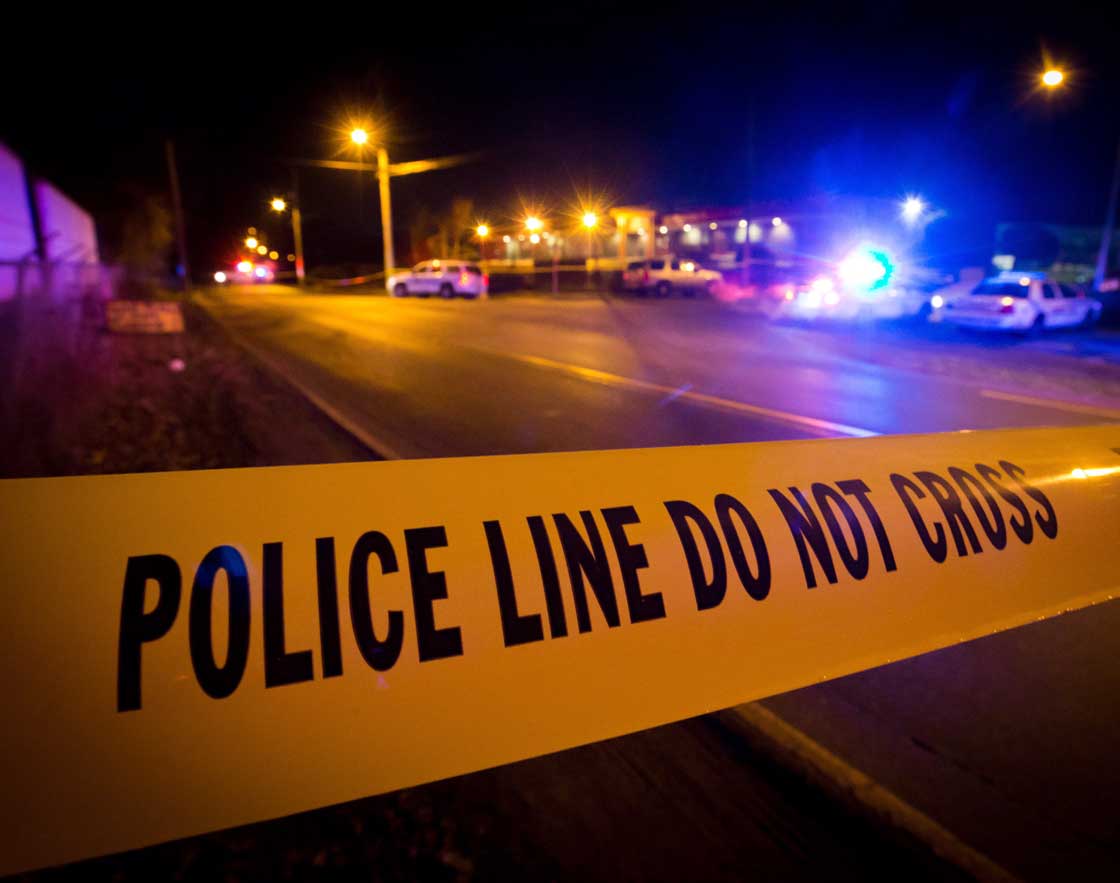TORONTO – A fierce battle about whether police officers under investigation by a civilian watchdog can have a lawyer help them prepare their notes finds its way to the country’s top court on Friday.

Pitted in the Supreme Court of Canada against the officers are the families of two men shot dead by Ontario’s provincial police in separate incidents in 2009.
The families argue the police practice of creating two sets of notes – a confidential first draft and a lawyer-approved second draft that ends up in their memo book – is unacceptable.
“Keeping two sets of books is a universal hallmark of deception,” the families state in their factum.
“This case begs the question as to whether we turn a blind eye where an investigation involves police use of lethal force on a member of the public.”
The families also say that allowing a single lawyer to act for several officers involved in an incident undermines rules against collusion.
In their factum, police argue they have the right to talk to a lawyer of their choosing before finalizing their notes.
“The legislature recognized that the fundamental right to consult counsel could continue to be extended to officers prior to the preparation of their notes without fear that the independence and integrity of their notes will be compromised.”
A host of other parties – including police, civil-rights and lawyer groups – are intervening in the complex case.
In a landmark decision in November 2011, Ontario’s top court handed the families a major victory in their bid to have police note-vetting banned.
The families, who were also awarded $100,000 in costs, had sought a court declaration that the officers involved in the killings had violated laws on how police co-operate with the Special Investigations Unit – the province’s police watchdog.
Police had argued the families had no legal standing to press their case, but the Ontario Court of Appeal disagreed, and issued the declaration they had sought.
“Reliable, independent and contemporaneous police officer notes are central to the integrity of the administration of the criminal justice system,” the Appeal Court said.
“The use of legal counsel to advise or assist in the preparation of notes would be inconsistent with the purpose of police notes and with the duty imposed on police officers to prepare them.”
The ruling did say officers could obtain legal advice about their rights and duties with respect to SIU probes, but were bound to complete their notes before the end of their shift.
In separate incidents in June 2009, Ontario Provincial Police officers shot and killed Doug Minty, 59, and Levi Schaeffer, 30.
In clearing the officers of wrongdoing, SIU Director Ian Scott issued a scathing statement in which he said he could not determine what had happened because the police notes were unreliable.
The families maintain that allowing the officer who pulled the trigger and officers who witnessed the incident to consult the same lawyer effectively amounted to collusion.
They also said the officers provided notes to their lawyer for vetting before turning them over to the civilian investigators, rendering the notes useless.
Police groups argue officers are simply exercising the same rights as any other citizen – the right to consult a lawyer of their choosing.



Comments